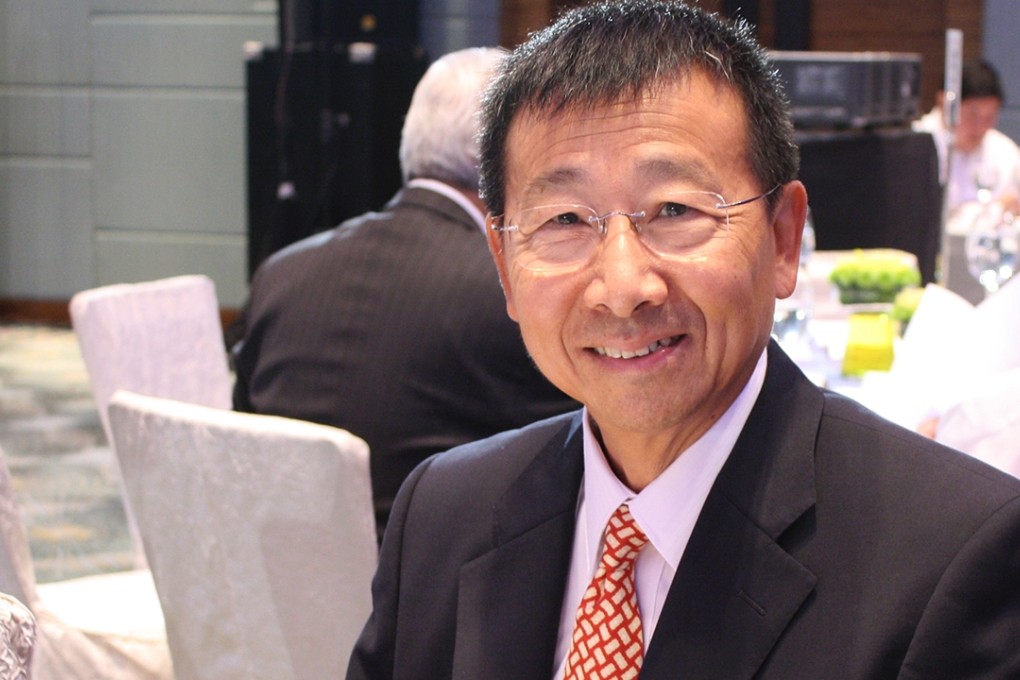'Name and shame' call over 'lenient' judges in street protest cases slammed by Hong Kong Bar Association
Barristers body hits back at Beijing-backed think tank and former ICAC deputy commissioner Tony Kwok Man-wai over suggestions personal details of judges should be disclosed to public

A campaign to name and shame “political” judges who pass “lenient” sentences on street protesters – the public backing of which has forced a former high-ranking anti-graft official to apologise – was slammed on Thursday by the Hong Kong Bar Association.
The barristers’ body hit back at a Beijing-backed think tank for suggesting that personal details of judges dealing with some cases related to Occupy Central and the recent Mong Kok riot should be exposed.
Its strongly worded statement came a day after former ICAC deputy commissioner Tony Kwok Man-wai apologised for calling on internet users to help uncover details of a judge who granted bail to an activist accused of involvement in the riot.
The Bar Association said comments by the Chinese Association of Hong Kong & Macau Studies following a conference on Sunday to discuss the riot were “highly inappropriate” and “any inappropriate comment could fuel baseless and unnecessary suspicion on judicial independence”.
The think tank, comprising a range of experts and academics, argued the violence in Mong Kok was “the after-effect of the [Hong Kong] Judiciary conniving [at] violence”, given most who took part in the Occupy protests in 2014 only received light sentences.
